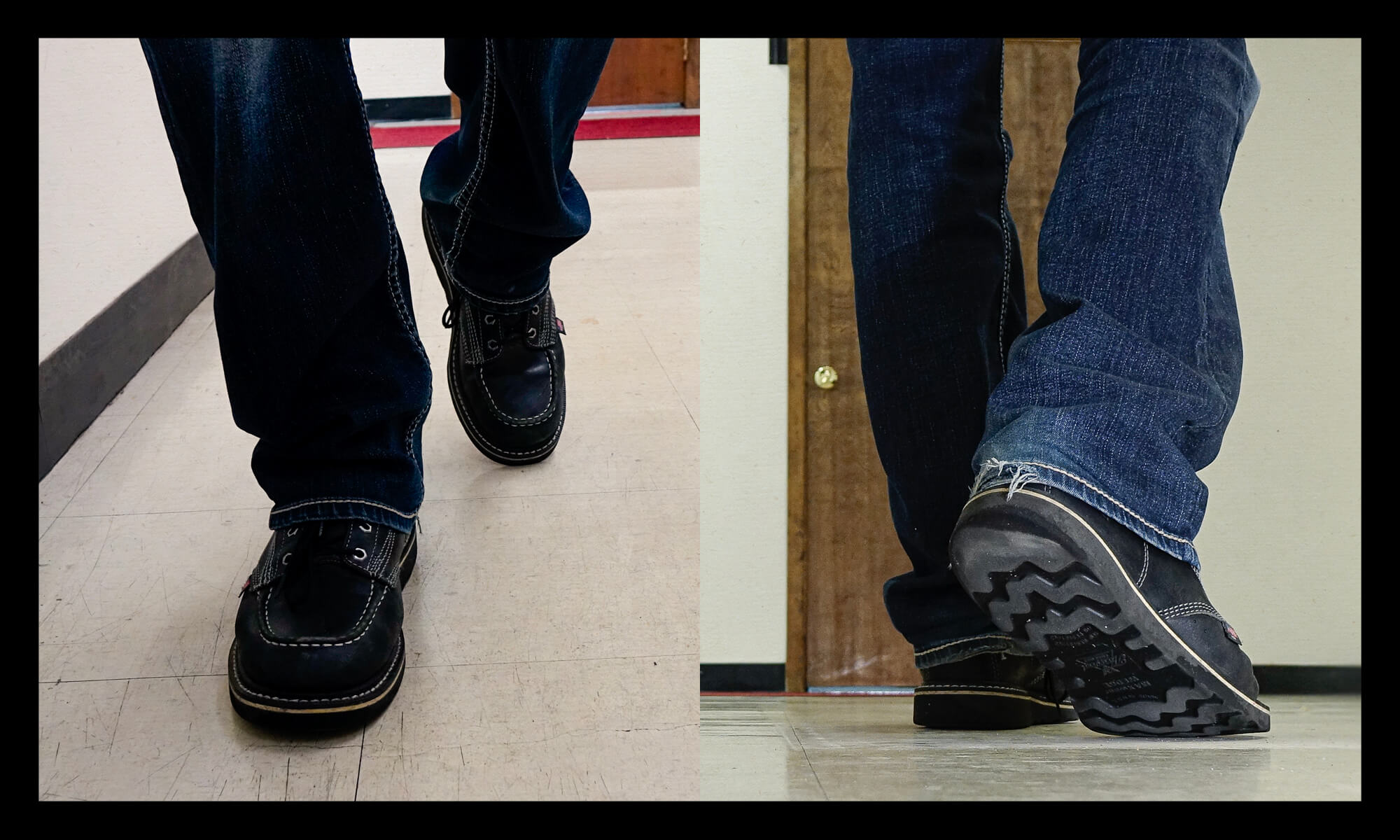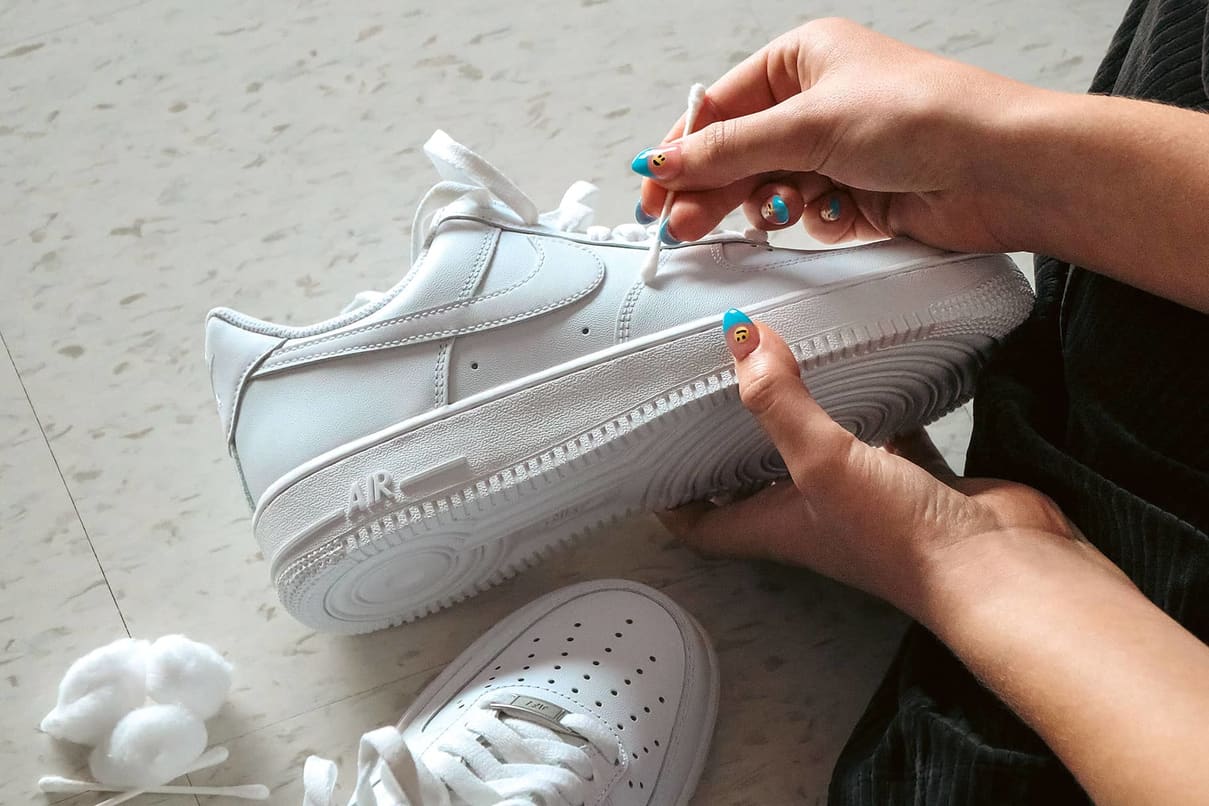Have you ever walked into a room only to be greeted by the undeniable sound of squeaky shoes? It’s a common annoyance for many footwear enthusiasts and casual wearers alike. Not only can squeaking shoes be embarrassing, but they can also indicate that your footwear isn’t functioning optimally. In this comprehensive guide, we will explore the reasons shoes squeak, share effective solutions, and provide valuable insights derived from real-world experiences and case studies relevant to the U.S. shoe market.
Understanding Why Shoes Squeak
Squeaking shoes are often the result of a variety of factors including material, construction, and wear. To understand how to remedy this, it’s essential to first identify the cause.
Common Causes of Squeaky Shoes
- Moisture: One of the most frequent culprits is moisture trapped inside the shoe, which can create friction.
- Worn Out Materials: Over time, materials can wear down and lose their integrity, leading to squeaking sounds.
- Loose Parts: If any parts of the shoe (like insoles or heels) are loose, they may rub against each other and create noise.
- Improper Fit: Shoes that are too tight or too loose can cause excessive movement, leading to squeaking.
- Manufacturing Defects: Occasionally, this can be due to construction issues or substandard materials.
How to Identify the Source of the Squeak
Before diving into solutions, it’s important to pinpoint where the sound is originating from. Follow these steps to diagnose the issue:
Step-by-Step Diagnosis
- Inspect the Sole: Check for any signs of wear and tear or separation from the shoe base.
- Check the Insole: Remove the insole and see if the squeak persists. Sometimes, the insole may be the culprit.
- Examine the Stitching: Look for any loose stitches that could be causing movement.
- Evaluate Fit: Walk on different surfaces to see if the sound changes. This can indicate if the issue is with the fit or the materials.
Effective Solutions to Stop Shoes from Squeaking
Now that you’ve identified the possible sources of the squeak, it’s time to explore solutions. Here’s a comprehensive list of effective methods that you can try at home.
Method 1: Apply Baby Powder or Talcum Powder
Applying powder inside your shoes can help absorb moisture and reduce friction.

How to Do It
- Remove the insole from your shoe.
- Sprinkle a generous amount of baby powder or talcum powder inside the shoe.
- Replace the insole and walk around to see if the squeaking has diminished.
Method 2: Lubricate the Sole or Parts
For squeaks caused by friction between moving parts, a light lubricant may solve the problem.

What to Use
- Shoe Goo: A versatile adhesive often used for repairs.
- Silicone Spray: Ideal for lubricating joints without damaging the materials.
Method 3: Fix Loose Parts
If any parts of the shoe are loose, reattach them securely to prevent movement.

Tools Required
- Super Glue or Shoe Adhesive
- Small Screwdriver (if applicable)
Method 4: Adjust the Fit
For shoes that are too tight or loose, adjusting the fit can eliminate squeaking.

Tips for a Better Fit
- Use insoles for extra cushioning.
- Consider shoe stretchers for tight spots.
- Wear thicker socks if necessary.
Comparison of DIY Methods vs. Professional Solutions
| Method | Cost | Time Required | Effectiveness |
|---|---|---|---|
| DIY (Baby Powder) | Low | 5 minutes | Moderate |
| DIY (Lubrication) | Medium | 10 minutes | High |
| Professional Repair | High | Varies | Very High |

Real-World Experiences and Case Studies
To illustrate how these methods work in practice, let’s dive into some first-hand experiences from shoe owners across the United States.
Case Study 1: Sarah’s Running Shoes
Sarah, a Boston-based marathon runner, noticed that her beloved running shoes started to squeak after she hit the 200-mile mark. After testing various methods, she found that applying baby powder worked wonders. “It was like a light bulb going off!” she said. “I could finally run without drawing attention to myself.”

Case Study 2: Tim’s Dress Shoes
Tim, a business Professional from Chicago, faced a similar issue with his dress shoes. He opted for a professional repair after trying DIY methods. “It wasn’t cheap, but the soothing silence was worth every penny,” he reflected. His experience highlights the importance of investing in quality repairs when necessary.
Product Highlights: Best Shoe Brands and Models to Avoid Squeaking
Choosing high-quality footwear can help minimize the chances of dealing with squeaks in the first place. Below are some top-rated brands known for their durability and quality.

Comparison of Top Shoe Brands
| Brand | Average Price | Rating (Out of 5) | Notable Features |
|---|---|---|---|
| Nike | $80 – $250 | 4.5 | Innovative designs, moisture-wicking |
| Adidas | $75 – $300 | 4.6 | Superior cushioning, waterproof options |
| Clarks | $60 – $150 | 4.4 | Timeless designs, breathable materials |
Pros and Cons of Addressing Squeaky Shoes
Pros
- Improves Your Footwear Experience: Eliminating squeaks makes walking more enjoyable.
- Prevents Further Damage: Fixing problems early can extend the life of your shoes.
- Enhances Professional Appearance: For business shoes, silence is golden.

Cons
- Time Investment: Diagnosing and fixing squeaks can take time.
- Possible Costs: Depending on the method, it could lead to additional expenses.
- Trial and Error: Not all solutions work for all shoes, requiring persistence.
Frequently Asked Questions (FAQs)
1. Why do my shoes squeak when I walk?
Squeaking can occur due to moisture trapped inside, loose parts, or material friction. It may also result from a poor fit.
2. How can I stop my leather shoes from squeaking?
Applying a small amount of leather conditioner or using baby powder can help manage moisture and reduce noise.
3. Are there specific brands known for squeaking?
No specific brands universally squeak, but poorly constructed or worn-out pairs are more prone to this issue.
4. Can a cobbler fix squeaky shoes?
Yes, professional cobblers can address the problem effectively, especially if it’s due to construction issues.
5. What’s the best way to prevent squeaking shoes in general?
Investing in high-quality shoes and maintaining them well can significantly reduce the chances of squeaks.
6. Is it worth buying expensive shoes to avoid squeaking?
While expensive shoes typically offer better materials and construction, it’s essential to choose based on quality and fit rather than price alone.
7. How often should I maintain my shoes to prevent squeaks?
A regular maintenance routine, including cleaning, conditioning, and checking for loose parts, can help prevent squeaks.
8. What should I do if my shoes squeak after a short period of use?
If squeaking occurs shortly after purchasing, consider returning them, as it could indicate a manufacturing defect.
9. Can footwear materials influence squeaking?
Yes, synthetic materials may be more prone to squeaking compared to high-quality leather or rubber.
10. Do insoles contribute to squeaking?
Yes, poorly fitted or worn-out insoles can create friction, causing squeaking sounds.
11. Can moisture cause my shoes to squeak?
Absolutely. Moisture trapped inside the shoe can increase friction between various components, resulting in squeaks.
In conclusion, dealing with squeaky shoes can be a hassle, but with the right knowledge and tools, it is manageable. By understanding the causes and employing effective solutions, you can ensure a comfortable, silent walking experience. Treat your shoes with care and they will serve you better in the long run. Happy walking!